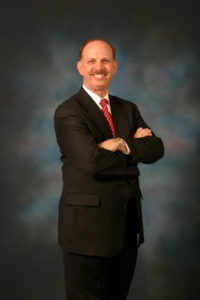Maryland & Missouri Become 20th and 21st States to Legalize Recreational Marijuana
 By George F. Indest III, J.D., M.P.A., LL.M., Board Certified by The Florida Bar in Health Law
By George F. Indest III, J.D., M.P.A., LL.M., Board Certified by The Florida Bar in Health Law
Five states had proposals to legalize recreational marijuana on the ballot in the midterm elections held on November 8, 2022. Voters in Maryland and Missouri approved the legalization, while Arkansas, North Dakota, and South Dakota rejected similar proposals. As a result of the vote, Maryland and Missouri became the 20th and 21st states to legalize cannabis for adult recreational use.
Maryland.
Maryland’s voters overwhelmingly approved Question 4 as it passed, with 65% of voters casting ballots in favor. The amendment creates a right to possess and use marijuana and directs the state Legislature to enact […]


 By George F. Indest III, J.D., M.P.A., LL.M., Board Certified by The Florida Bar in Health Law
By George F. Indest III, J.D., M.P.A., LL.M., Board Certified by The Florida Bar in Health Law
 By George F. Indest III, J.D., M.P.A., LL.M., Board Certified by The Florida Bar in Health Law
By George F. Indest III, J.D., M.P.A., LL.M., Board Certified by The Florida Bar in Health Law By George F. Indest III, J.D., M.P.A., LL.M., Board Certified by The Florida Bar in Health Law
By George F. Indest III, J.D., M.P.A., LL.M., Board Certified by The Florida Bar in Health Law By George F. Indest III, J.D., M.P.A., LL.M., Board Certified by The Florida Bar in Health Law
By George F. Indest III, J.D., M.P.A., LL.M., Board Certified by The Florida Bar in Health Law